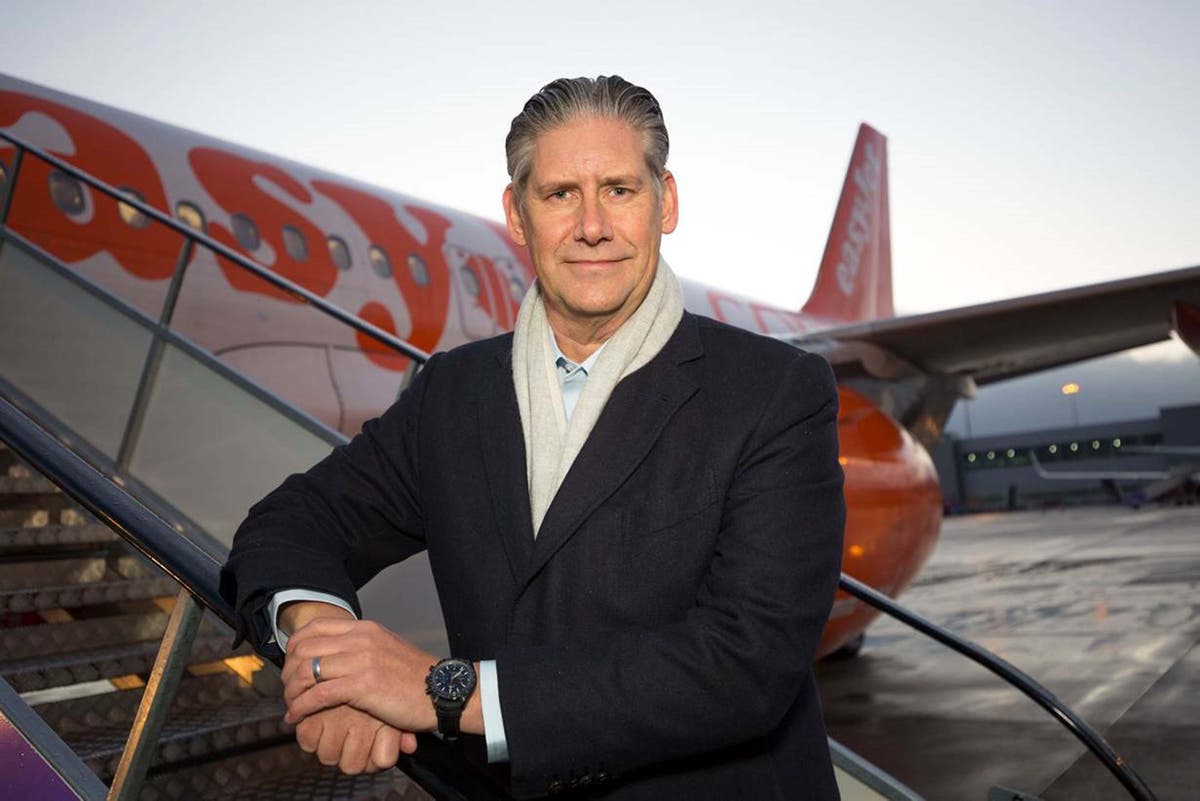Travel
EasyJet boss: air-traffic control in Europe ‘no longer fit for purpose

In a blistering attack on air-traffic control (ATC) providers in Europe, the boss of easyJet has said the European system for controlling the skies is “no longer fit for purpose”.
Johan Lundgren, chief executive of Britain’s biggest budget airline, was commenting after a weekend in which hundreds of flights to, from and within the UK were grounded.
Many of these cancellations were a result of the CrowdStrike IT outage on Friday, but even on Sunday easyJet grounded more than 100 flights – many of them with passengers waiting at the departure gate.
Over 700 UK flights were cancelled by a number of airlines between Friday and Sunday.
Mr Lundgren said: “The past few weeks have been a clear demonstration that European ATC is no longer fit for purpose.
“We are seeing unprecedented delays, with slots restrictions applied to more than 50 per cent of our flights yesterday and today at ‘first wave’ due to a combination of staffing and capacity constraints and adverse weather.
“This cannot go on. Urgent reform alongside additional resilience and staffing need to be put into place so passengers don’t have to suffer the consequences of lengthy delays or the risk of their flight being cancelled.”
EasyJet has made it clear that his comments are not directed at Nats, the main UK air-traffic control provider, but at Eurocontrol and individual air-navigation service providers in Continental Europe.
His comments echoed those of Eddie Wilson, chief executive of Ryanair DAC, who last week told The Independent: “It is really, really difficult at the moment with ATC.
“Over the last 10 days something happened in terms of how they organise it or their staffing. We, like other airlines, were hitting 30 per cent of [total delays] down to air-traffic control.
“There has been a meltdown in European air traffic control over the last two weeks.”
The Independent has asked Eurocontrol for a response the easyJet CEO’s comments.
Previously, the Brussels-based organisation said: “Summer 2024 is proving particularly challenging due to strong traffic growth and network saturation combined with adverse weather.
“Large parts of the European air traffic network are experiencing between 10 to 20 per cent more traffic than 2019 – which was the highest year ever in terms of air traffic in Europe.
“The pattern in June has continued into July, with very significant weather delay – typically convective weather – and also capacity/staffing issues.
“In part, these issues flow from the situation in Ukraine. For example, traffic in Budapest ACC so far this year has been over 20 per cent higher than in 2019 and this area has also been heavily impacted by weather this summer.”
On Monday morning, half of easyJet’s “first wave” of departures are delayed by a slot restriction. The knock-on effect will lead to delays and possible cancellations later in the day.
For more travel news and advice listen to Simon Calder’s podcast










